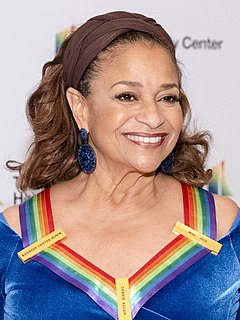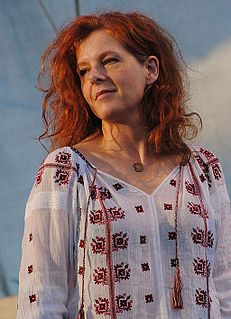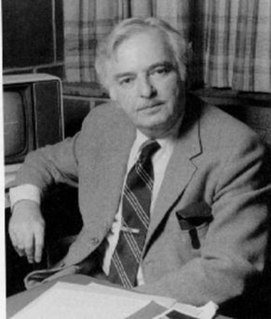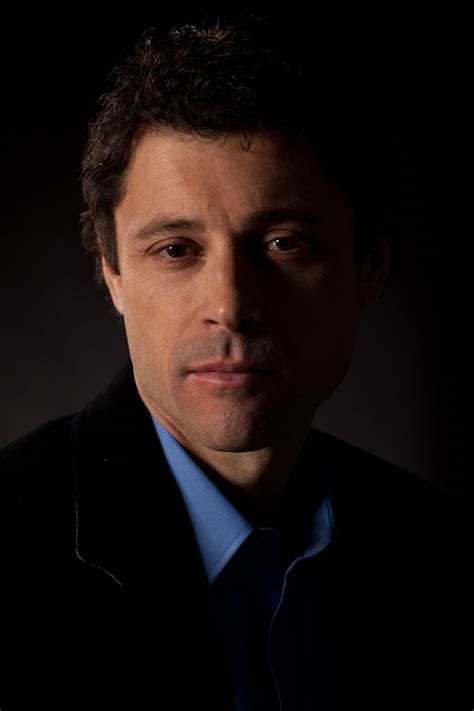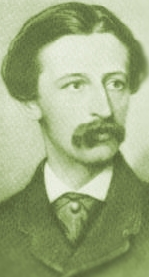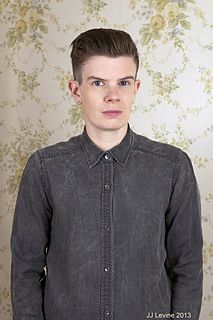A Quote by David Papineau
Again, when we view a scene fleetingly, do we consciously see all the details even though we don't retain them, or do we not see them in the first place? Neurological information is crucial to deciding these questions. After all, they are so interesting precisely because unaided introspection cannot resolve them. Rather we need to know what is going on in the brain activities that constitute visual awareness.
Related Quotes
When you're younger you have a lot of ideas and you're probably more insecure, all those things. I work with young actors now and I see their insecurities and I make fun of them. I don't make fun of them but I make them laugh, because I know what they're going through. When you get older you think 'It's only a movie after all, it's not brain surgery.'
If you have a large number of unrelated ideas, you have to get quite a distance away from them to get a view of all of them, and this is the role of abstraction. If you look at each too closely you see too many details. If you get far away things may appear simpler because you can only see the large, broad outlines; you do not get lost in petty details.
Men who cannot believe in the mystery of our Saviour's redemption can believe that spirits from the dead have visited them in a stranger's parlour, because they see a table shake and do not know how it is shaken; because they hear a rapping on a board, and cannot see the instrument that raps it; because they are touched in the dark, and do not know the hand that touches them.
As I sat down, though, I realized that you can get used to certain luxuries that you start to think they're necessities, but when you have to forgo them, you come to see that you don't need them after all. There was a big difference between needing things and wanting things--though a lot of people had trouble telling the two apart--and at the ranch, I could see, we have pretty much everything we'd need but precious little else.
I still use the pronoun she for my publicity materials, and for mainstream media stuff, for two reasons: the first is that I do a lot of work in public schools, and I want those young women and girls to see every kind of she there can be. I want them to see my biceps and my shorn hair and shirt and tie and for some of them to see me as a possibilityI want them to see me living outside of the boxes, because they might be asphyxiating in their own box and need to see there is air out here for them to breathe, that all they have to do is lift the lid a little.
The teabaggers - do I know every single one of them? No. Can I see that there's a lot of racist bullshit going on? Absolutely. Would it have been welcome to see more of these "anti-government" types around after the stolen election? It would have been good to see it. I wouldn't have liked to see them with their immigrant-bashing and their stupid signs.

